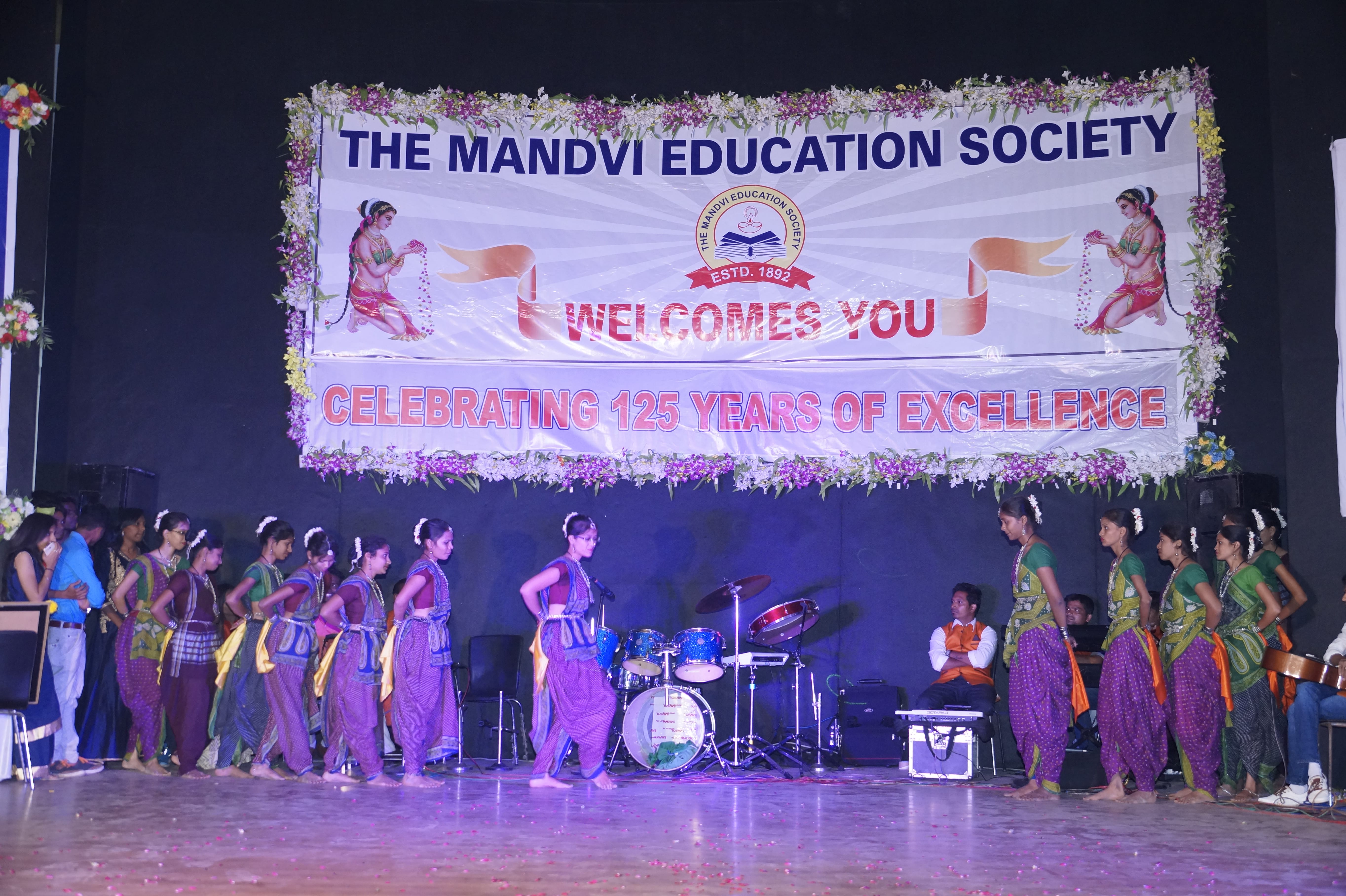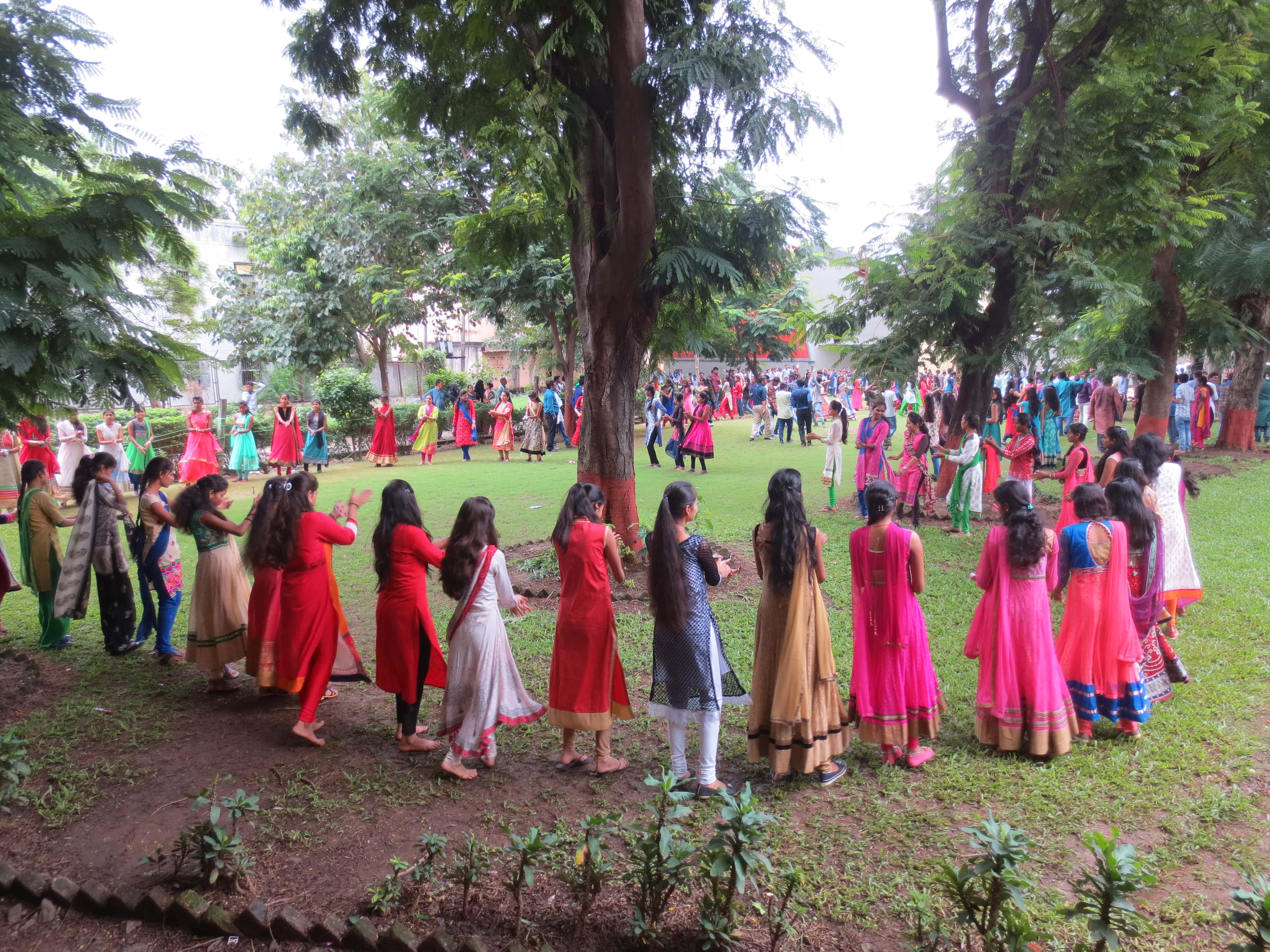M.SC MICROBIOLOGY
Welcome to The Mandvi Education Society Science College affiliated to Veer Narmad South Gujarat University and Gujarat Technological University
M.SC MICROBIOLOGY
The Mandvi Education Society was founded in 1892 to provide students with a strong value system to tackle the challenges of a constantly changing world. Our objective is to construct and operate a high-quality teaching and research institution in a low-income rural community. The college campus has classrooms with sufficient ventilation, multiple laboratories, smart classrooms, libraries, digital libraries, computer centres, innovative learning program centres, auditoriums, and seminar halls. We provide a wide range of bachelor and master’s courses in science, commerce, computer science, and management, all of which are affiliated with Veer Narmad South Gujarat University and Gujarat Technological University. Students can choose the ideal course for them based on their interests and career ambitions. Our faculty is highly qualified and experienced, allowing us to give the best education possible to our students.
IMPORTANCE OF MICROBIOLOGY
Microbiology is a core discipline across all areas of specialization related to biotechnology, biomedical sciences and environmental sciences, as microorganisms play an essential role in the transformations of organic matter, in geochemical changes and in the production of diseases, in both humans and animals. As such, microbiology is of fundamental importance to industry and to the food, environment and health sectors.
Objectives
The aim of the master’s degree in Microbiology is to train specialist scientists, researchers and professionals with the expertise required by industry, the service, healthcare and education sectors, and public and private research centers. The degree focuses particularly on providing students with comprehensive multidisciplinary training, with three core outcomes:
Up-to-date training in basic, methodological and applied aspects of microbiology (for graduates and professionals involved in the fields of health, the environment, the food industry, the pharmaceutical industry and biotechnology).
A scientific basis and the methodological skills to start a Master or doctoral thesis and to train as researchers in basic and applied research.
Specialist training in the advanced aspects of microbiology for employment in biotechnology firms (health and services) in the areas of production and analysis and in research and development.
Competences
Basic skills
To understand knowledge that provides a baseline and opportunity to be original in the development and / or implementation of ideas within a research context.
To develop the ability to include and apply new knowledge to solve problems in unfamiliar or new situations within broader or multidisciplinary contexts.
To develop the ability to integrate knowledge to solve problems and make judgments that includes social and ethical consideration.
To develop the ability to critically understand scientific publications and communicate conclusions, clearly and unambiguously, with a logical and rational speech to a heterogeneous audience.
To develop the ability to work independently.
General and Transversal skills
To develop and structure a logical and rational speech to discuss scientific issues in front a heterogeneous audience
To have an advanced knowledge and deep understanding of theoretical and methodological questions of specialized scientific and technological research in different areas.
To work in group and join research teams.
To analyze and select the suitable scientific theories and methodologies to make reasoning judgments.
To read and critically understand scientific publications in English, as well as perform presentations in English.
Specific skills
To apply advanced methodologies to grown and identify bacteria, virus and eukaryotic microorganisms.
To apply molecular methodologies to study and characterize microorganisms, as well as advances microscopy techniques.
To handle genetic modified microorganisms and bacterial plasmids, as well as amplify and sequence prokaryotic genes.
To be able to identify microorganisms involved in important infectious diseases by fast molecular techniques.
To apply current microbiology quality control legislation of food, drugs and industrial products.
To understand the structure, genomic organization and replication of different virus (Medical Microbiology Specialty)
To analyze the etiology and pathogenic mechanisms of microorganisms (Medical Microbiology Specialty)
To approach and validate new antimicrobial targets (Medical Microbiology Specialty)
To analyze the impact of microorganisms in the manufacture of new products with industrial interest (Biotechnology and Environmental Microbiology Specialty)
To use microorganisms to remove contaminants and asses the bioremediation methods for soils and waters (Biotechnology and Environmental Microbiology Specialty)
To use techniques for the grown of microorganisms in bioreactors (Biotechnology and Environmental Microbiology Specialty)
To propose experimental work, develop a research and write scientific reports of advanced features in Microbiology.
Educational goals
Master’s graduates have skills in scientific research. Their knowledge allows them to understand complex biological systems. They recognize relevant problems in Biology and are able to plan and conduct experiments using a variety of techniques to address these problems. Their ability to adapt technical procedures to specific scientific problems allows them to expand their problem solving skills. The ability to work exactly and treat precious materials, instruments and organisms carefully is particularly important. Working with organisms requires students to apply their ethical responsibilities. The master’s thesis, which is a research project within the master’s program, teaches students to conduct research independently as would be required for a dissertation.
Career possibilities
Many opportunities like Doctorate in one of the fields of biosciences; teaching and research at universities and other institutes of higher education; work in the chemical, pharmaceutical, medical, agrobiology and food technology industries and laboratories; teaching at secondary level and in vocational, agricultural and engineering schools; management posts in industry, public administration and politics; planning for nature conservation and environmental protection, work in zoos, museums, research institutes, laboratories and clinics; scientific journalism, etc- are open for students.
The Master degree courses of Microbiology at The Mandvi Education Society qualify Master graduates to find work in not only specific biological or educational professions but vast spectrum of science field.
CURRICULUM
M.Sc.(Microbiology) program normally take place over two academic years (i.e. approximately 24 months of term time with four semesters)
INTAKE
50 Seats
ELIGIBILITY CRITERIA
A candidate who has obtained his/her Bachelor’s Degree (SC/ST- 35%, OPEN/SEBC-40%) with Microbiology shall be considered eligible for admission in M.Sc.- Microbiology.
| Dr. Naik Smita Amit |
| Dr. Saha Shraddha Subratakumar |
| Dr. Patel Khushbu Hasmukhbhai |
| Ms. Monya Shivani Sanjaykumar |
| Ms. More Zeel Madhukarbhai |
| Mrs. Patel Charmikumari Saunakkumar |
Contact Information
The Mandvi Education Society Institute of Computer Studies
Address : The Mandvi Education Society Technical Campus, Near Bus Stand,
Mandvi, Gujarat 394160
Mobile Number : +91 99789 31159
Email : msc.mandvi@gmail.com
How To Reach Us ?














